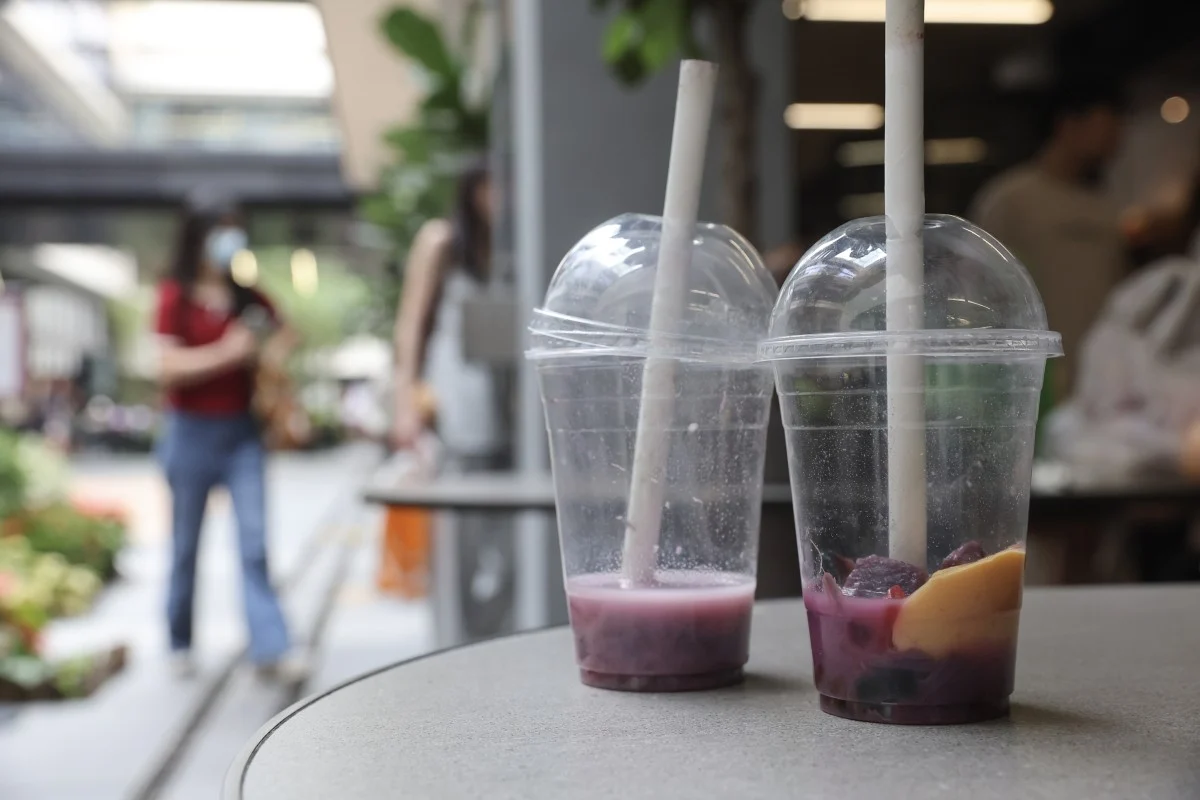Hong Kong’s Secretary for Environment and Ecology, Tse Chin-wan, has urged caution in applying mandatory measures to advance green policies, highlighting the city’s current challenges due to geopolitical tensions and economic shifts. He recently announced plans for the next phase of the city’s single-use plastics ban, focusing on a collaborative approach with the catering sector.
Tse revealed that a trial program with restaurants will begin mid-year to help identify suitable replacements for single-use plastics before the government enforces the second phase of the ban. This upcoming phase will expand the restrictions to include all disposable plastics used in restaurants, such as plastic food containers, six-pack yokes for canned drinks, plastic tablecloths, disposable gloves, and plastic-stemmed dental floss.
Acknowledging the difficult environment for many businesses, Tse cautioned against strict enforcement measures. “Due to geopolitics and the transition of the economy, some sectors have been affected. If you use mandatory measures to push environmental policies, some companies may face closure,” he explained. Instead, he advocated for voluntary participation, allowing businesses to contribute according to their capacity during uncertain times.
Hong Kong has recently experienced multiple business closures amid ongoing US-China tensions and economic transitions. City leader John Lee Ka-chiu has encouraged companies to adapt as part of this “transitional period.”
The first stage of the single-use plastics ban was implemented in November last year, after a six-month grace period. It prohibited retailers and restaurants from using or selling polystyrene tableware and plastic cutlery for dine-in or takeaway services. Authorities had initially indicated that phase two could begin this year, depending on the availability and cost of eco-friendly alternatives.
Tse emphasized that working closely with restaurants would accelerate the identification of alternatives that meet both industry and consumer expectations. During the first phase, some consumers had raised concerns about paper straws becoming soggy and wooden spoons being unsuitable for soup.
The minister encouraged diverse eateries—regardless of size or cuisine—to participate in the trial but did not specify its duration or the timeline for rolling out the second phase.
Environmental advocate Edwin Lau Che-feng of The Green Earth agreed with the voluntary approach but urged stronger government efforts to educate the public. “Right now, promotion and explanation are weak. Better understanding would increase public support,” he said.
Hong Kong’s cautious, collaborative strategy aims to balance environmental goals with economic realities, seeking sustainable progress amid ongoing challenges.
READ MORE:
